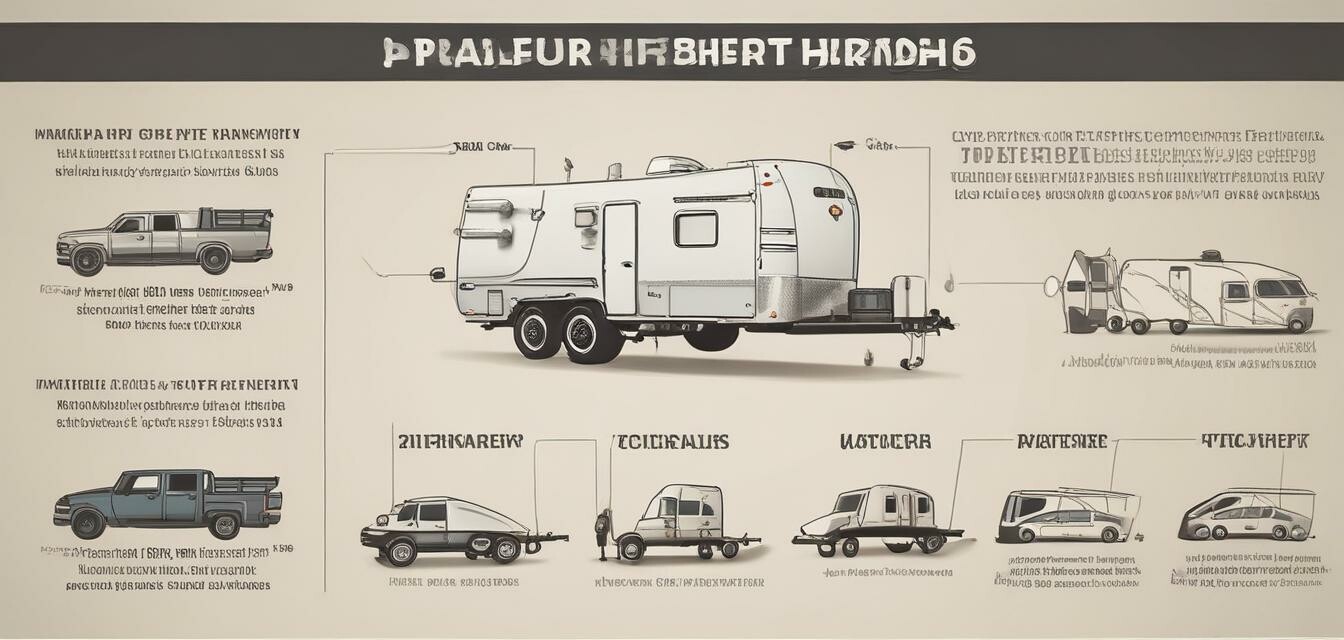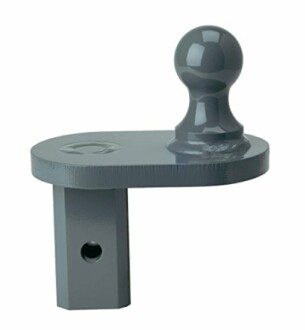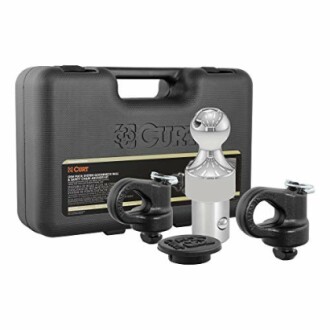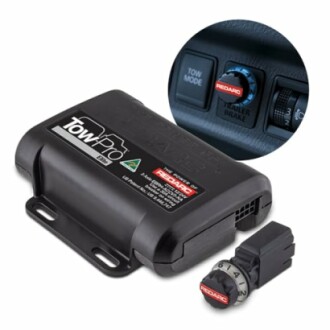
The A-Z of Trailer Hitches: What You Need to Know
Key Takeaways
- Different types of trailer hitches serve various towing needs.
- Proper installation and maintenance are crucial for safety and performance.
- Understanding weight ratings helps you choose the right hitch for your vehicle.
Trailer hitches play a vital role in the world of towing, whether you're moving items for work, heading out on a camping trip, or hauling your boat. With various types of hitches, installation tips, and maintenance essentials, this comprehensive guide will equip you with everything you need to know about trailer hitches!
Types of Trailer Hitches
Understanding the different types of trailer hitches available is critical for selecting the right one for your needs. Here’s a breakdown:
| Type of Hitch | Description | Best For |
|---|---|---|
| Weight Carrying Hitch | Supports the full trailer weight, typically used for light-duty towing. | Small trailers, utility trailers |
| Weight Distribution Hitch | Distributes trailer weight over the vehicle's axle, improving stability. | Heavy trailers, larger loads |
| Gooseneck Hitch | Attaches above the rear axle, offering a strong connection for heavy loads. | Fifth-wheel vehicles, large trailers |
| Fifth-Wheel Hitch | Similar to gooseneck, providing a secure connection for campers and large trailers. | RV trailers, heavy loads |
Key Features to Consider in a Trailer Hitch
When selecting a trailer hitch, it's important to consider various features:
- Weight Rating: Ensure the hitch can handle the weight of your trailer.
- Material: Look for durable materials like machined steel for longevity.
- Finish: Consider corrosion resistance to increase durability in various weather.
Popular Trailer Hitch Options
B&W Trailer Hitches Turnoverball Gooseneck Hitch Extender
This extender relocates the pivot point and is made from durable materials, ensuring a secure connection for heavy cargo.
Learn MoreInstallation Tips for Trailer Hitches
Proper installation of your trailer hitch is essential for safety. Consider the following tips:
- Read the manufacturer's instructions to avoid common mistakes.
- Ensure your vehicle is on a flat surface and supported.
- Utilize appropriate tools for secure attachment.
- Double-check connections and make sure everything is tight.
Maintenance Tips for Trailer Hitches
Maintaining your trailer hitch will prolong its life and ensure safe towing:
- Regularly inspect hitch for signs of wear or damage.
- Clean and lubricate moving parts to prevent corrosion.
- Check electrical connections periodically if applicable.
Additional Recommended Products
CURT 60639 Puck System Gooseneck Hitch Kit
A high-strength kit designed for ease of use and robust towing capabilities, compatible with various truck models.
Learn MoreUnderstanding Weight Ratings
Weight ratings are essential for selecting the right hitch. Here are the main categories:
| Type | Tongue Weight | Gross Trailer Weight |
|---|---|---|
| Light Duty | Up to 200 lbs | Up to 2000 lbs |
| Medium Duty | Up to 600 lbs | Up to 6000 lbs |
| Heavy Duty | Above 600 lbs | Above 6000 lbs |
Other Considerations for Heavy Hauling
When towing larger trailers, consider the following:
- Upgrade your vehicle’s suspension if needed.
- Employ a weight distribution system for better handling.
- Check your tire pressure regularly for safety.
Tow-Pro Elite Electric Brake Controller
This innovative brake controller combines both proportional and user-controlled modes, ensuring safe tows.
Learn MoreConclusion
Understanding trailer hitches can make all the difference in your towing experience. From selecting the right type of hitch based on your needs to maintaining it for optimal performance, the knowledge you gain from this guide will enhance your towing safety and enjoyment. For further information, consider exploring our detailed guides on trailer hitches or buying guides.
Pros
- Wide variety of options to meet different needs
- Enhanced towing safety with proper installation
- Availability of durable materials for long-lasting use
Cons
- Installation can be complex for some hitch types
- Regular maintenance is required to ensure safety
- Requires proper knowledge of weight ratings



